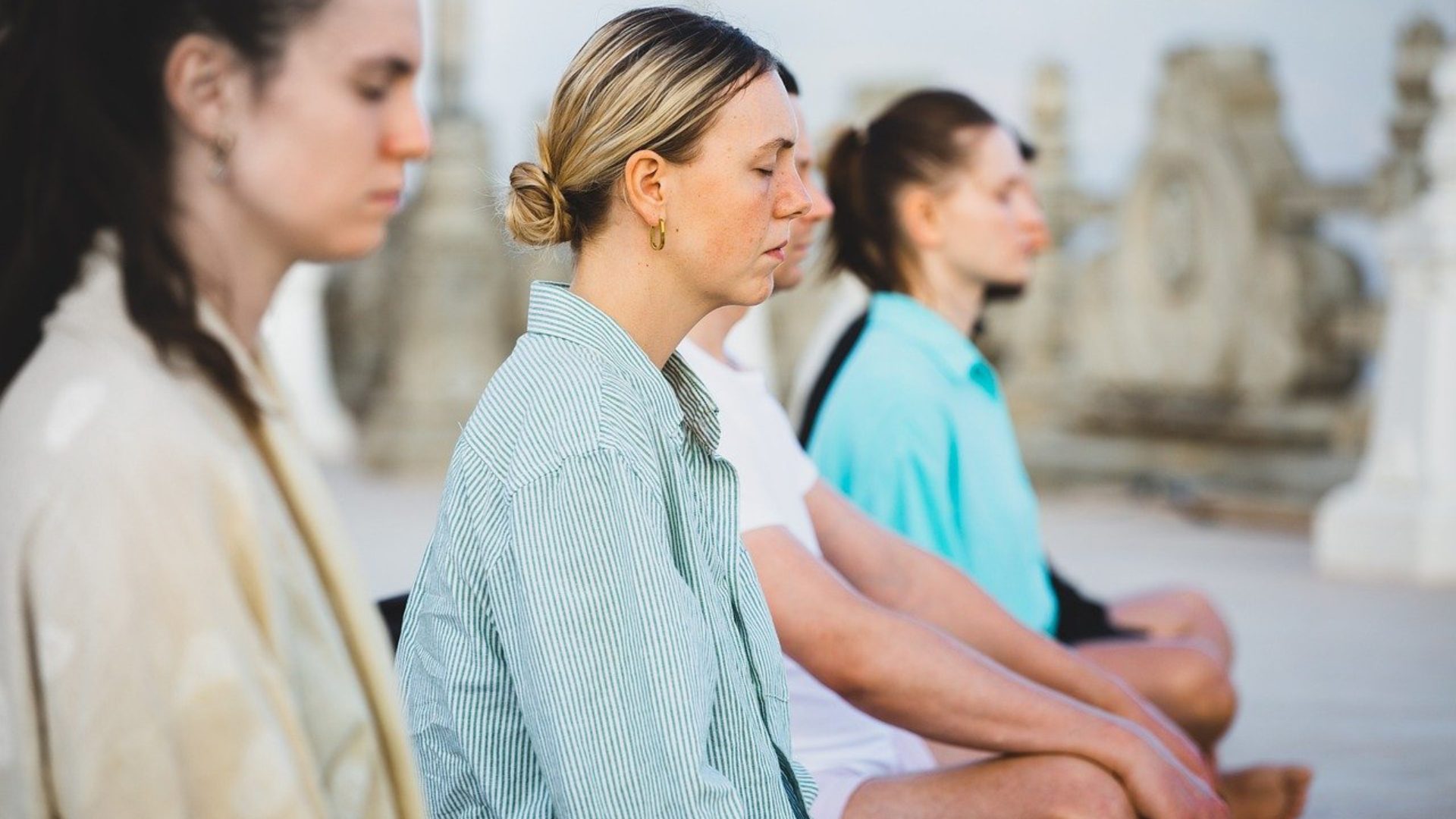With sadness I am submitting this article for this month’s newsletter because the dear friend I was writing it for has lost her struggle with cancer and is no longer here to be encouraged to take up the practice to help with her recovery.
Cancer is a life-altering experience that can leave survivors grappling with both physical and emotional scars long after treatment ends. While medical interventions play a crucial role in combating the disease, complementary therapies like yoga are increasingly recognized for their potential to support the healing journey of not only the cancer survivors but also those undergoing the rigours of cancer treathment. With its emphasis on mindfulness, gentle movement, and breath awareness, yoga offers a holistic approach to wellness that addresses the unique challenges faced by those who have and are battling cancer.
Physical Benefits
Improved Flexibility and Strength: Cancer treatments such as chemotherapy and radiation can take a toll on the body, leading to muscle weakness, stiffness, and reduced flexibility. Yoga postures, or asanas, gently stretch and strengthen muscles, promoting greater range of motion and mobility. Even simple movements can help survivors regain strength and enhance their physical well-being.
Lowers Inflammation: Chronic inflammation has for a long time been linked to cancer. A study to investigate the influence yoga classes can have on inflammation levels was led by the University of Rochester. It involved a group of more than 500 people aged around 56 years old, who had been treated for cancer in the last 5 years. Half the group took 75 minute classes twice a week for 4 weeks. The other half attended health education classes for a month. Upon completion of the trial the yoga people had significantly lower levels of pro-inflammatory markers.
Lymphatic System Support: Yoga poses help support lymphatic drainage by gently stretching and twisting. This is particularly beneficial for cancer survivors who may have experienced lymphedema, a condition characterized by swelling due to lymph node removal or damage during treatment.
Pain Management: Chronic pain is a common issue for cancer survivors, stemming from various sources such as surgery, nerve damage, or lingering side effects of treatment. Yoga offers techniques to alleviate pain by promoting relaxation, releasing tension, and improving body awareness. Practices like gentle stretching, meditation, and deep breathing can help manage pain levels and enhance overall comfort.
Emotional and Mental Well-being:
Stress Reduction: A cancer diagnosis and subsequent treatment can lead to significant emotional distress, including anxiety, depression and fear of recurrence. Yoga provides a sanctuary for survivors to release stress and cultivate inner peace. Mindful practices incorporated into yoga, such as meditation and breathwork, promote relaxation and emotional resilience, helping individuals cope with the challenges they face.
Enhanced Mood: Engaging in yoga has been shown to boost mood and alleviate symptoms of depression. The combination of physical movement, breath awareness, and relaxation techniques triggers the release of endorphins, the body’s natural feel-good hormones. This can uplift spirits and foster a sense of well-being, empowering survivors to navigate the emotional ups and downs of life after cancer.
Improved Mental Health: A 2017 study by the University of Texas analysed the effect of yoga on 32 patients with lung cancer. The study involved stretching the chest area, breathing exercises and meditation and found that most patients had improved their physical function and mental health.
Conclusion:
For cancer survivors, the journey toward healing extends far beyond the completion of treatment. Yoga serves as a powerful ally in this journey, offering a holistic approach to wellness that addresses the physical, emotional, and spiritual aspects of healing. By embracing the practice of yoga, survivors can cultivate strength, resilience, and inner peace as they navigate the challenges of life after cancer. Whether through gentle movement, breathwork, or mindfulness practices, yoga provides a pathway to healing that honours the unique needs and experiences of each individual on their journey to wellness.
By Vrndavan Dasi
Founder and Principal of Veda Yoga Teacher Training
